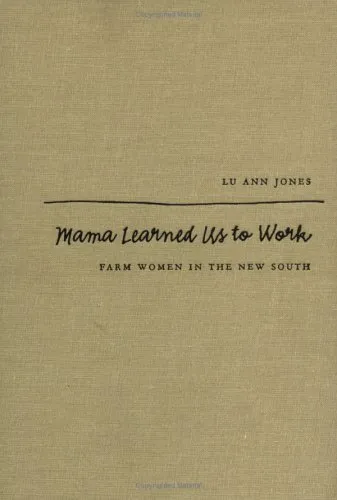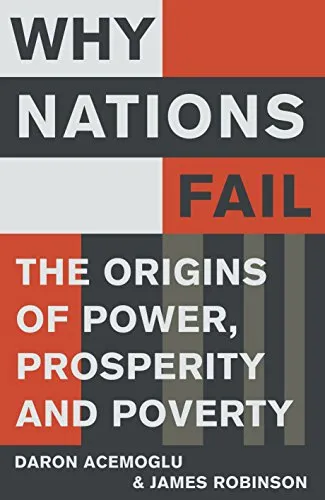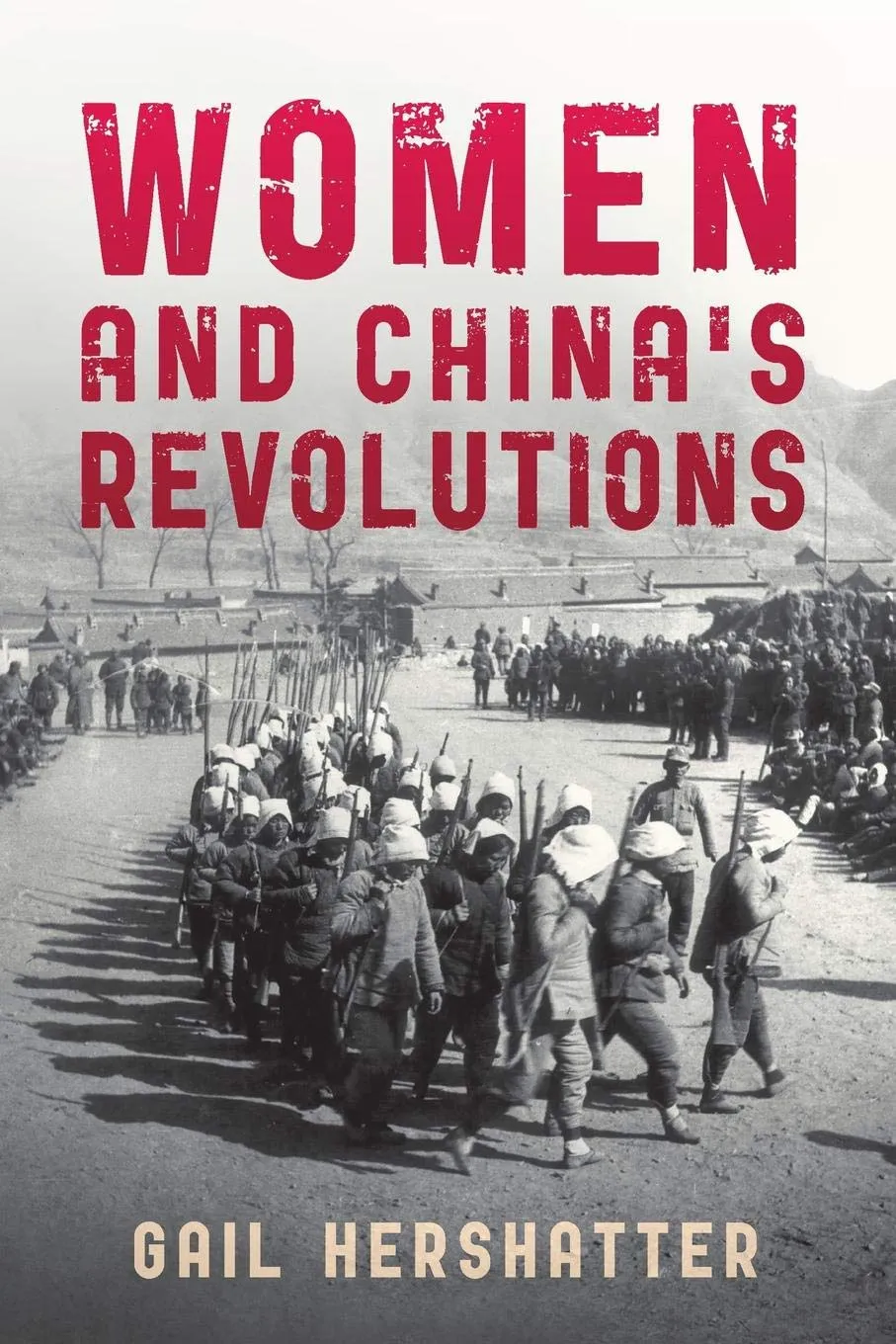Uneven Developments : The Ideological Work of Gender in Mid-Victorian England
4.5
Reviews from our users

You Can Ask your questions from this book's AI after Login
Each download or ask from book AI costs 2 points. To earn more free points, please visit the Points Guide Page and complete some valuable actions.Related Refrences:
Welcome to the introduction of Uneven Developments: The Ideological Work of Gender in Mid-Victorian England, a profound exploration of gender dynamics during a pivotal era in British history. Authored by Mary Poovey, this book delves into the cultural, social, and ideological constructs that shaped the understanding of gender roles in Victorian society. Through critical analysis and a multidisciplinary approach, it investigates the intricate relationship between gender, class, and cultural development during this era.
Detailed Summary of the Book
The book comprises a series of essays that dissect the mid-Victorian period's ideological framework, which governed perceptions of gender. Poovey examines how these ideologies were not only pervasive in literature but also institutionalized through social, political, and economic structures. She explores how the concept of separate spheres, which dictated distinct roles for men and women, became a cultural norm. By leveraging works of literature, medical manuals, and other contemporary texts, Poovey highlights the contradictions and tensions inherent in Victorian gender ideology.
In particular, Poovey addresses the life and works of key female figures such as Florence Nightingale, situating their experiences within the broader socio-economic context. She argues that women's experiences were often at odds with the prevailing narratives of femininity, revealing the complexities and challenges of living under such constrained social orders. Moreover, the book discusses how these gender ideologies contributed to the maintenance of class distinctions and influenced public policy, including education and employment.
Key Takeaways
- The Victorian era's gender ideologies were a product of and contributed to broader social and class structures.
- Literature and cultural outputs from this era both reflected and shaped societal expectations for gender roles.
- The construction of separate spheres was central to the societal organization but was fraught with contradictions.
- Figures such as Florence Nightingale played key roles in challenging and reshaping these gender norms.
- Understanding Victorian gender ideology offers insights into contemporary gender issues.
Famous Quotes from the Book
"The Victorian ideal of separate spheres was as much a product of male anxiety about social change as it was a prescription for female behavior."
"In the complex matrix of Victorian society, gender ideology worked not only to define femininity but also to sustain class divisions."
Why This Book Matters
Uneven Developments is an essential reading for understanding the interplay of gender, class, and ideology during the Victorian era. This book is a significant contribution to feminist scholarship and cultural studies, as it bridges the gap between historical examination and contemporary gender analysis. Mary Poovey's insightful analysis helps illuminate the intricacies of how societal norms are constructed, institutionalized, and challenged.
For academics, students, and anyone interested in gender studies or Victorian history, this book provides a profound and thought-provoking narrative. By understanding past ideologies, readers are better equipped to recognize and challenge persistent gender biases in today's world.
Pursuing this critical examination allows for a deeper appreciation of the historical contexts that influence modern cultural and social norms. Through its careful dissection of gender ideologies, Uneven Developments continues to be a relevant resource for fostering discussions about gender equality and historical analysis.
Free Direct Download
You Can Download this book after Login
Accessing books through legal platforms and public libraries not only supports the rights of authors and publishers but also contributes to the sustainability of reading culture. Before downloading, please take a moment to consider these options.
Find this book on other platforms:
WorldCat helps you find books in libraries worldwide.
See ratings, reviews, and discussions on Goodreads.
Find and buy rare or used books on AbeBooks.
1384
بازدید4.5
امتیاز0
نظر98%
رضایتReviews:
4.5
Based on 0 users review
Questions & Answers
Ask questions about this book or help others by answering
No questions yet. Be the first to ask!













